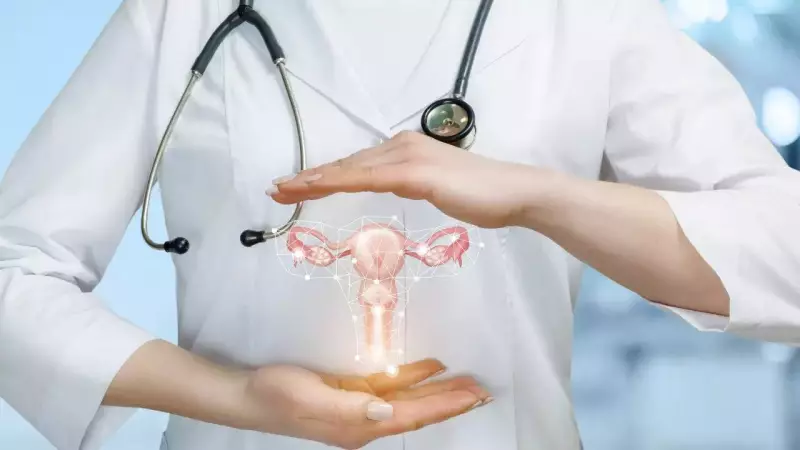
If you've been diagnosed with uterine fibroids, you might be feeling anxious or worried. But here's the truth that might surprise you: fibroids aren't always the dangerous condition many women fear they are.
Dr. Shweta Wazir, a renowned obstetrician and gynecologist, explains that uterine fibroids are actually quite common, affecting millions of Indian women. "Many women panic when they hear they have fibroids, but the reality is that not all fibroids require aggressive treatment," says Dr. Wazir.
7 Common Fibroid Myths Debunked by Experts
Myth 1: All Fibroids Are Dangerous and Must Be Removed
Fact: This is perhaps the biggest misconception. Many fibroids are asymptomatic and don't require any treatment at all. "Small fibroids that aren't causing symptoms often just need monitoring," explains Dr. Wazir.
Myth 2: Fibroids Always Lead to Cancer
Fact: The vast majority of fibroids are benign (non-cancerous). "The chance of a fibroid being cancerous is extremely rare—less than 1 in 1,000 cases," assures the expert.
Myth 3: Hysterectomy Is the Only Treatment
Fact: Modern medicine offers multiple conservative treatments. From medications to minimally invasive procedures like uterine artery embolization, there are numerous options that preserve fertility.
Myth 4: Fibroids Mean You Can't Get Pregnant
Fact: While some fibroids can affect fertility, many women with fibroids conceive and deliver healthy babies. "The impact depends on the size and location of the fibroids," notes Dr. Wazir.
Myth 5: Only Older Women Get Fibroids
Fact: Fibroids can develop in women of any reproductive age, though they're most common in women in their 30s and 40s.
Myth 6: Heavy Bleeding Always Means Fibroids
Fact: While heavy menstrual bleeding is a common symptom, it can also indicate other conditions. Proper diagnosis is essential.
Myth 7: Diet Has No Impact on Fibroids
Fact: Emerging research suggests that maintaining a healthy weight and eating a balanced diet rich in fruits and vegetables might help manage fibroid growth.
When Should You Actually Worry About Fibroids?
According to Dr. Wazir, treatment becomes necessary when fibroids cause significant symptoms such as:
- Heavy menstrual bleeding leading to anemia
- Severe pelvic pain or pressure
- Frequent urination or difficulty emptying bladder
- Infertility or recurrent pregnancy loss
- Rapid growth of fibroids
"The key is individualized care," emphasizes Dr. Wazir. "What works for one woman may not be appropriate for another. Factors like age, symptom severity, and future pregnancy plans all influence treatment decisions."
If you suspect you have fibroids or have been diagnosed, the most important step is to consult with a qualified gynecologist who can guide you through the appropriate monitoring or treatment options based on your specific situation.





